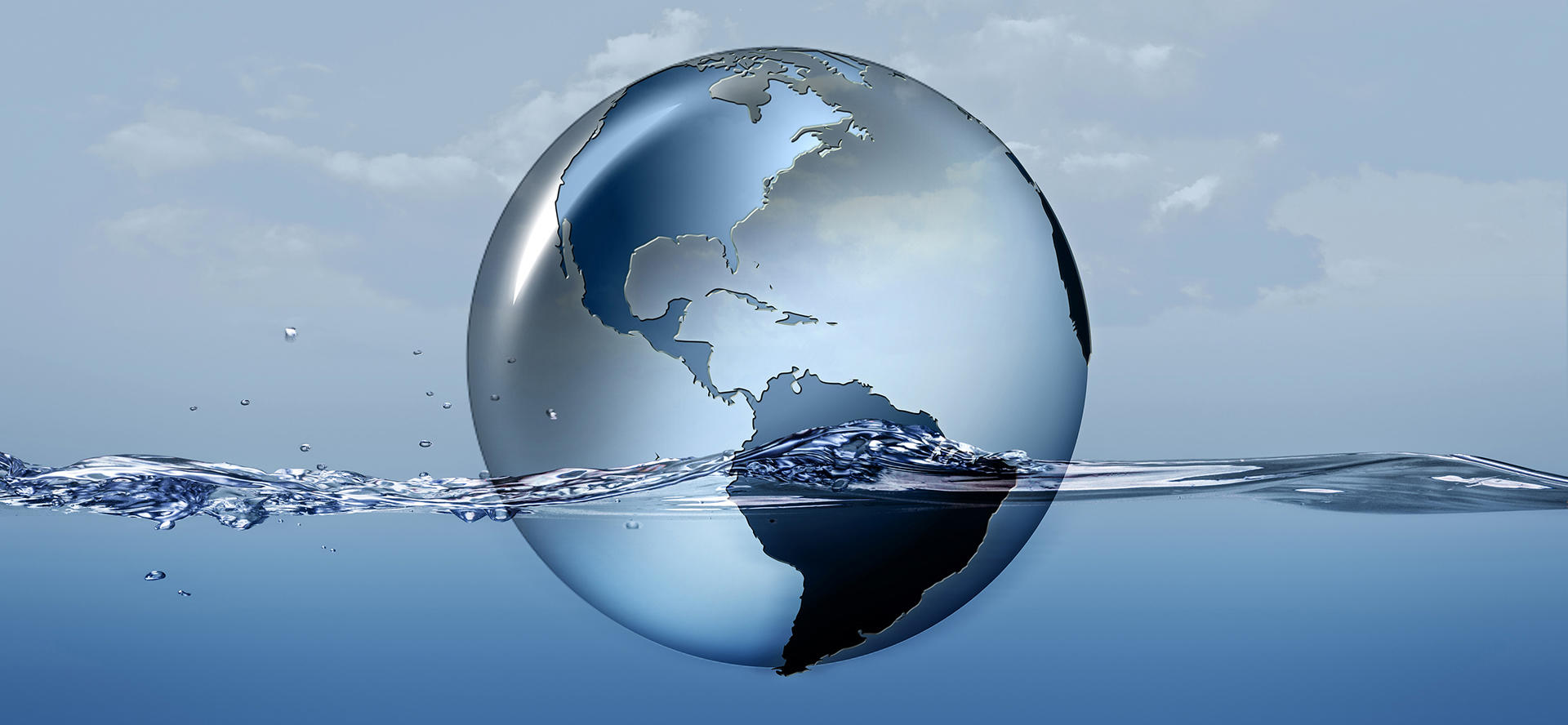A better world through love of seafood

We must take a shared responsibility for the planet. To eat and live well in the future, we must all work and consume in a sustainable way today. Seafood is a good choice for both every day and special occasions - healthy for the body and good for the planet.
Sustainability is central to Insula. We want to leave behind a positive footprint by ensuring that our products are manufactured and sold with care and concern for people, animals, and the environment, and by contributing to a healthier and more sustainable lifestyle.
By developing and providing healthier food and using less of the planet's resources, we at Insula wish to take our share of the responsibility and help solve the major health and sustainability challenges the world faces. Together, we must reduce food waste and facilitate reuse of the planet's resources. This is what a circular economy means.
From a health and environmental point of view, seafood is a superior animal protein. Our goal is to increase seafood consumption by offering exciting and tasty, easy-to-prepare seafood products that make it easy for everyone to make good environmental choices in their everyday life.
By 2050 there will be 10 billion inhabitants on Earth, 40% more than we are today. This will occur at the same time as the arable land surface decreases and many marine areas are over-fiished. Therefore, we must work smarter and take care of our precious planet.
Sustainability is fundamental to Insula's business strategy. The core of a sustainable business strategy is to create value and profits without compromising people, ethics, society or the environment, while simultaneously contributing to a good quality of life for the population, whether they be consumers eating our seafood or employees working with us. This is how we make our vision and slogan real: "A better world through love of seafood".
For Insula, a sustainable business model will include, for example, demanding sustainable use of resources from ourselves and our suppliers, changing input factors from non-renewable to renewable resources, buying only raw materials from sustainable fisheries, securing re-use of non-renewable resources in a circular economy, and producing goods with the least possible environmental impact. Throughout the value chain, we take into account how our business affects the environment.
"Sustainable development is development that meets today's needs without threatening future generations' ability to meet their needs."
The Brundtland Commission's definition of the concept of sustainable development from 1987
Our sustainability efforts support the UN's sustainability goals. We have defined the following sustainability goals as most relevant to Insula:
